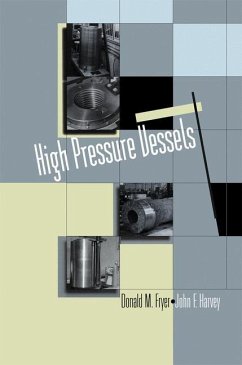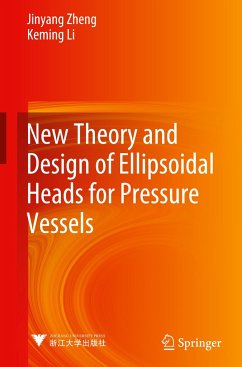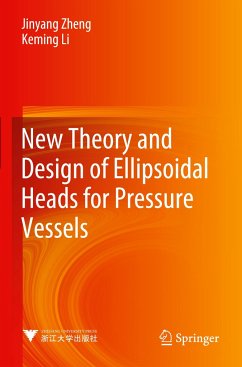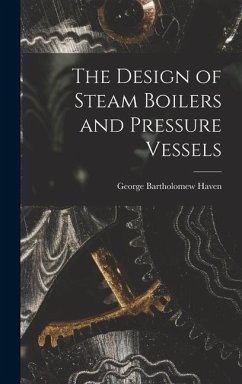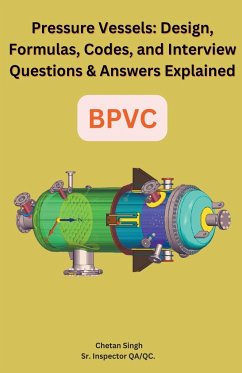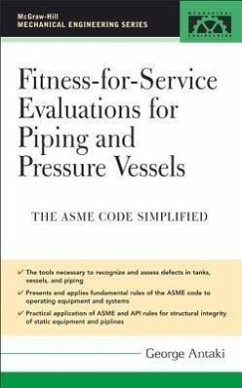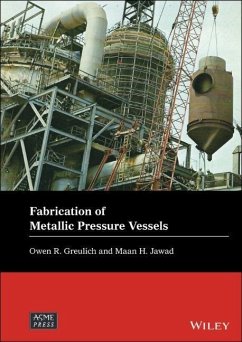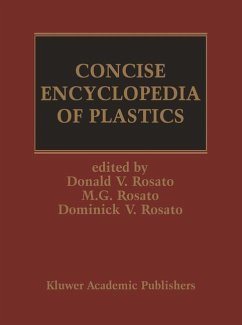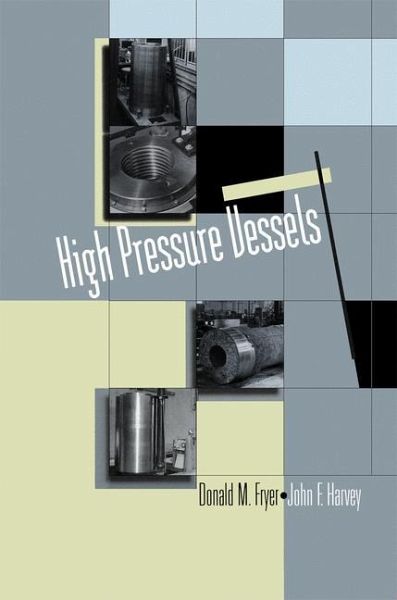
High Pressure Vessels
Versandkostenfrei!
Versandfertig in 1-2 Wochen
115,99 €
inkl. MwSt.
Weitere Ausgaben:

PAYBACK Punkte
58 °P sammeln!
High Pressure Vessels is the only book to present timely information on high pressure vessel design for student engineers, mechanical and chemical engineers who design and build these vessels, and for chemical engineers, plant engineers and facilities managers who use them. It concentrates on design issues, giving the reader comprehensive coverage of the design aspects of the ASME High Pressure System Standard and the forthcoming ASME High Pressure Vessel Code. Coverage of the safety requirements of these new standards is included, as well as offering the reader examples and original data, a g...
High Pressure Vessels is the only book to present timely information on high pressure vessel design for student engineers, mechanical and chemical engineers who design and build these vessels, and for chemical engineers, plant engineers and facilities managers who use them. It concentrates on design issues, giving the reader comprehensive coverage of the design aspects of the ASME High Pressure System Standard and the forthcoming ASME High Pressure Vessel Code. Coverage of the safety requirements of these new standards is included, as well as offering the reader examples and original data, a glossary of terms, SI conversions, and lists of references.





